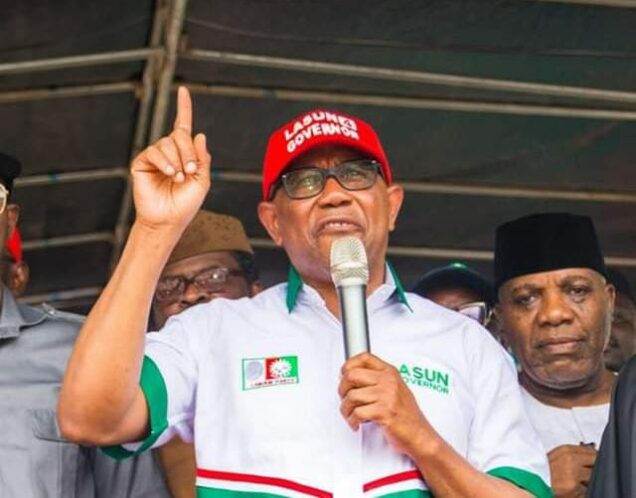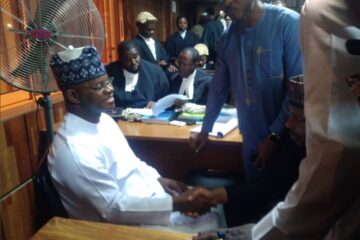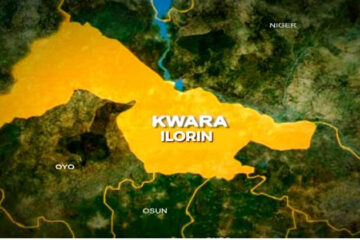You are cloning ‘electoral fraudsters’ as leaders, Obi tells INEC

Peter Obi
The presidential candidate of the Labour Party in the 2023 general elections, Peter Obi, has accused the Independent National Electoral Commission of cloning electoral fraudsters as leaders and wasting the time and resources of the country.
In their final address filed before the Presidential Election Petitions Court dated July 23, 2023, Obi and LP warned that if the court failed to whip INEC into line to do its electoral duties fairly, impartially, and independently, elections in Nigeria would remain a fraud.
Obi and LP accused INEC of abandoning its primary statutory responsibility of being an electoral umpire and proudly putting on the toga of a candidate in the election it conducted.
They said INEC tragically and embarrassingly spent 5.5 pages of its address defending the ground on the no qualification of the 2nd respondent (Bola Tinubu).
They stated, “In the case of PDP vs Alechenu (2019) LPELR-49199 (CA), this honourable court admonished the 1st respondent who appears to have misunderstood its public duty. Thus often one finds cases where INEC plays games with election materials and would not allow the petitioner(s) access to documents used in the conduct of the election, even with court order(s) to produce same, as in this case, thus playing the cards of the declared winner, openly, to frustrate the petition.”
Obi further submitted that pursuant to the mandatory provisions of the Electoral Act, 2022, the INEC Regulations and Guidelines, and the INEC Manual, INEC introduced the use of modern technology for the conduct of the 2023 general elections.
He said, “By this, INEC represented and assured that it would use Bimodal Voter Accreditation System (BVAS) for the accreditation of voters in the polling units and the upload/transmission of the result of the election in real-time on the day of the election to the INEC Result Viewing Portal.
“However, contrary to the requirement of the law and in manifest disregard of its own representations, the 1st respondent abandoned and discarded the much-expected upload/transmission of the result of the election in real-time on the day of the election from the polling units to the IReV.
“Rather, and very strangely, blurred, unreadable, and inaccessible documents/images were uploaded by the 1st respondent to the IReV purporting same to be the result of the election in various polling units. These blurred images and inaccessible documents were purported to be the result of the election in the polling units. The net result of the upload of the blurred images on the IReV was that the result of the election could neither be authenticated nor verified, and thus, lacked credibility and transparency.
“The 1st respondent’s contention that the ‘collation of the election result’ remained a manual process is patently false and seems to have disregarded the express provisions of the Electoral Act, Regulations and Manual for the election. Collation of election results at all the stages of the election process specifically provide for electronic transmission to the IReV which is part of the collation system under the Electoral Act.
“The authority of the Federal High Court determination in Suit No: FHC/ABJ/CS/1454/2022 relied upon by the 1st respondent in its final address and heavily harped upon in its argument is per incuriam and in manifest contradiction of the binding later decision of the Supreme Court in Appeal No: SC/CV/508/2023, OYETOLA vs INEC delivered on 9th May 2023, in (2023) LPELR-60392 (SC).
“Despite the 1st respondent’s claim that the hardcopies of the forms EC8A were allegedly used for the manual collation of the election (which by that reasoning ought to be in the 1st respondent’s custody/possession), the 1 respondent nevertheless gave to the petitioners as certified copies of the electoral forms, including alleged forms EC8As, blurred/blank/extraneous copies.
“The alleged hardcopies of the forms EC8A claimed to have been used for the manual collation were neither produced in court nor certified copies thereof tendered in court by the 1st respondent.”











